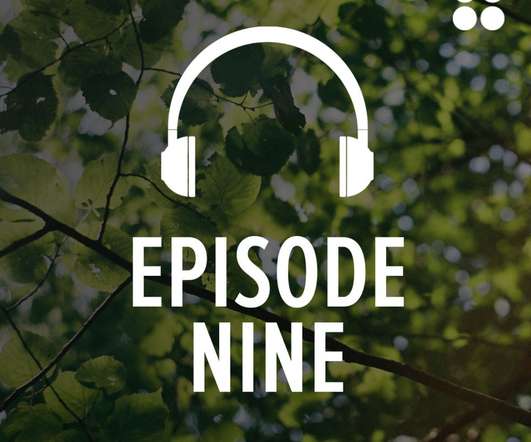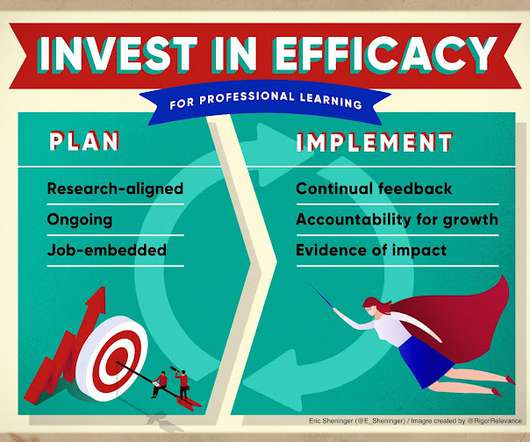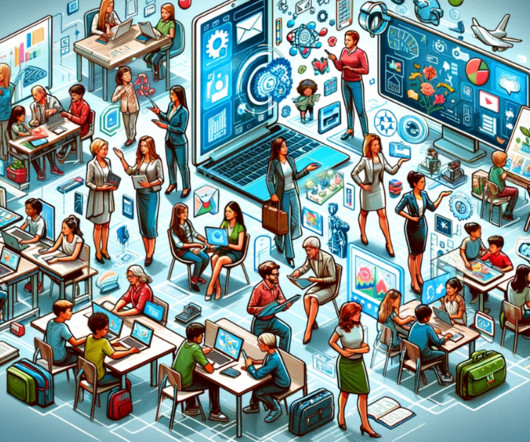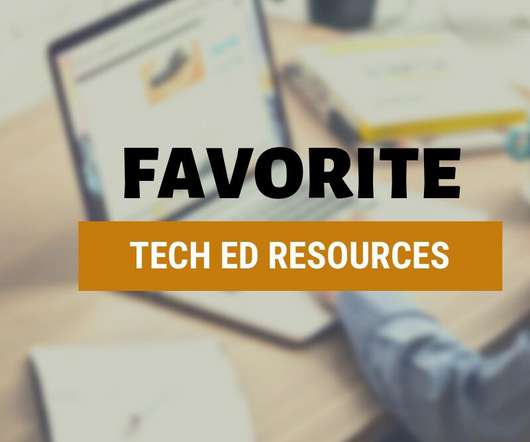6 Key Personal Learning Network Literacies Every Educator Needs
The 21st Century Principal
SEPTEMBER 8, 2012
Our children need to have adults in their lives that know and understand the art of developing personal learning networks and connecting with others. In other words, they need adults who are “network literate.” But what does being “network literate” look like as it relates to personal learning networks?













































Let's personalize your content